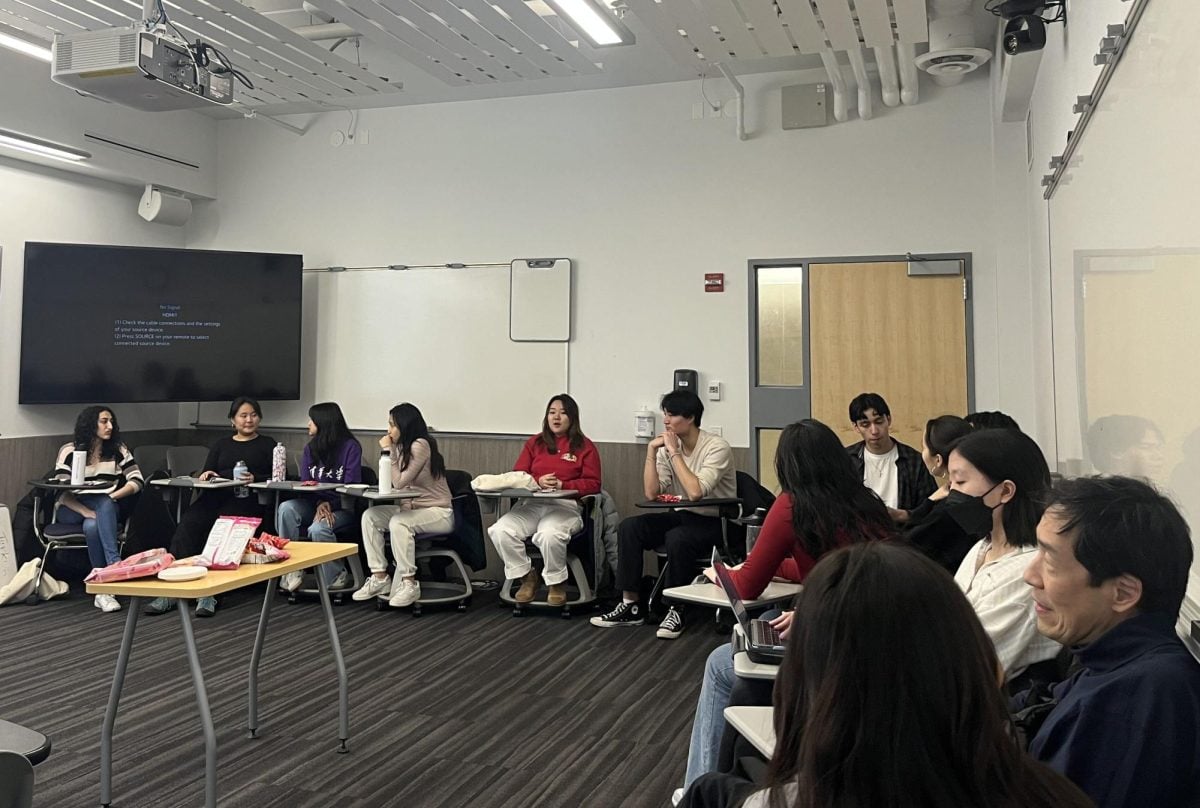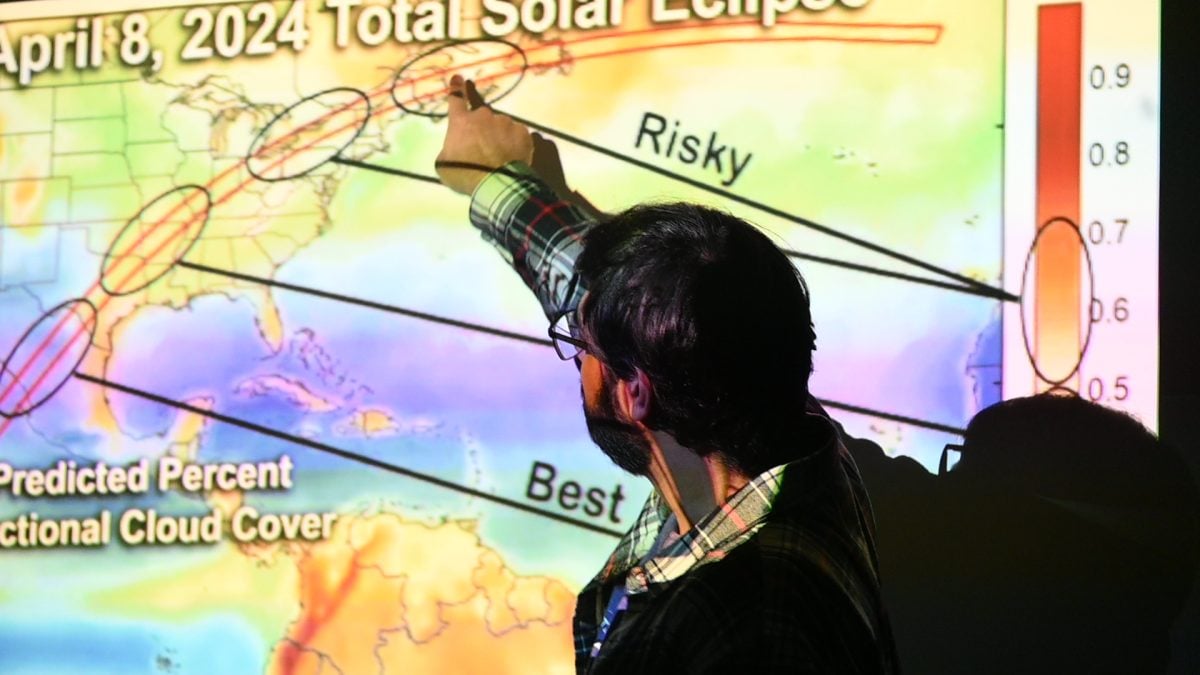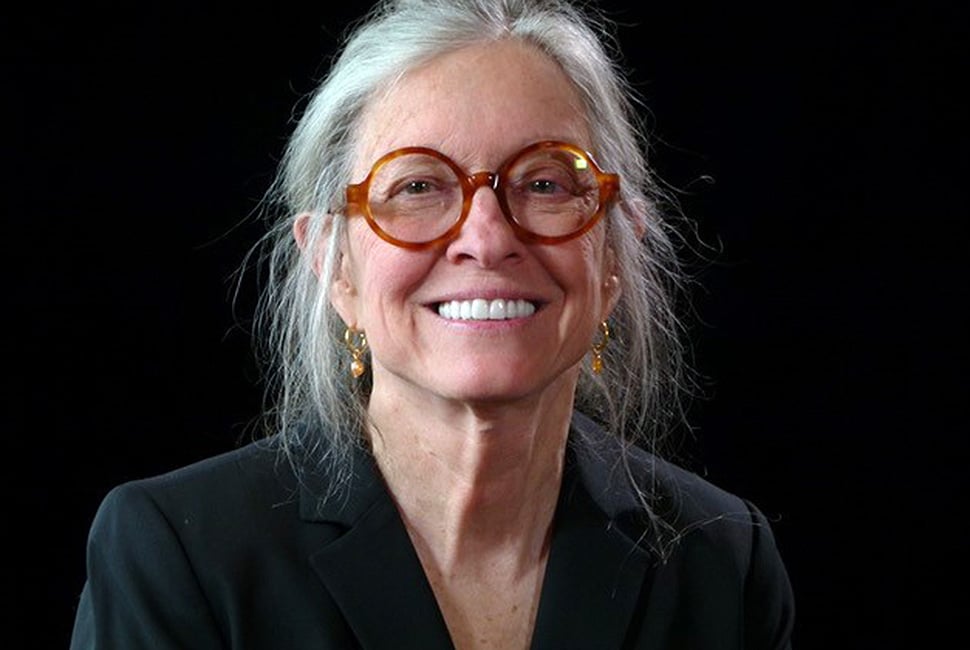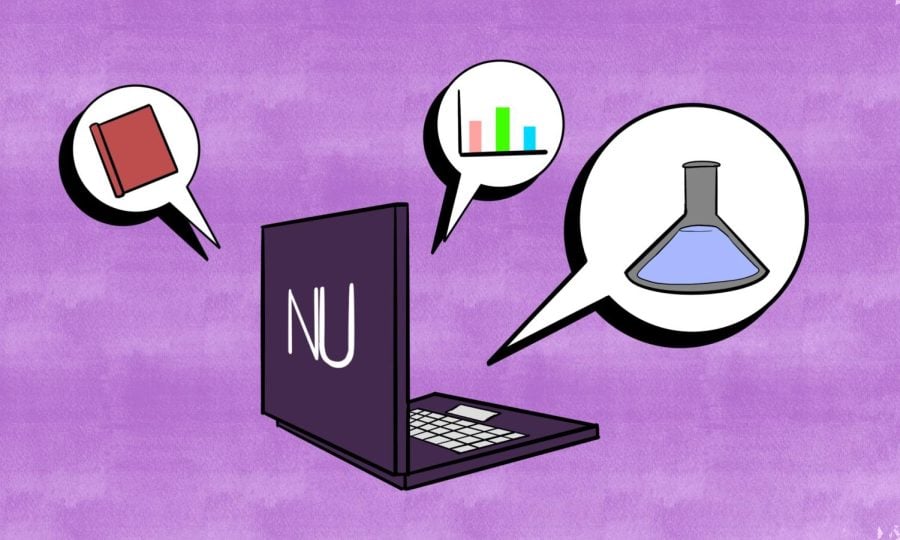Following the Day of Remembrance for Japanese Americans incarcerated during World War II, more than a dozen Northwestern students gathered in Kresge Hall on Friday afternoon to examine the impact of reparations.
Feb. 19, the Day of Remembrance, commemorates the day former President Franklin D. Roosevelt signed Executive Order 9066 authorizing the imprisonment of Japanese Americans in concentration camps in 1942. This led to the removal of over 120,000 people of Japanese descent from their homes for being deemed a threat to “national security.”
Japanese Americans received about $37 million in reparations from the Japanese American Evacuation Claims Act of 1948, and over 82,000 surviving citizens who were incarcerated received $20,000 each from the Civil Liberties Act of 1988.
At Friday’s event, hosted by NU’s Asian Pacific American Coalition, students discussed the importance of reparations and reflecting on their Japanese American identities.
SESP senior and APAC Communications Co-Chair Lily Ng led the dialogue with Weinberg sophomore and APAC Treasurer Brandon Takahashi. Ng said it is important to remember Japanese Americans’ courage and the strength of their activism both during and after the incarceration period.
“Framing that in a way of a celebration of the strength of our identity helps me look at the event as something that I can draw from to continue to speak out for others, as opposed to something that’s shameful,” she said.
Emphasizing the importance of language, Ng said it is important to refer to Japanese Americans’ imprisonment as “incarceration,” rather than “internment.”
She said the term “internment” suggests someone is at fault for their imprisonment, while the term “incarceration” more closely describes the injustice of the situation.
A clause in the 1988 Civil Liberties Act stipulates that only surviving formerly incarcerated Japanese Americans can receive reparations. Takahashi said this sets a dangerous precedent for other marginalized groups seeking reparations. As an example, he said this “survival clause” would make it “impossible” for Black Americans to receive federal reparations for slavery.
During the dialogue, attendees discussed the ways in which Japanese American culture was suppressed by mass incarceration, the need for more education on this topic in American schools, and various examples of reparations programs.
“You need to have multiple systems, multiple policies, and you really need them to go into the social fabric of the society and really address that as well,” SESP junior Sophia Chang said. “The community aspect as well, not just solely monetary compensation, is necessary.”
Chang said opponents of reparations for Black Americans often argue that society does not know what reparations would look like, but she pointed to the reparations given to Japanese Americans as historical evidence that reparations can be implemented successfully.
She discussed how Asian Americans hold a precarious position in the American racial hierarchy that discourages them from getting involved in politics. She said Asian Americans are often categorized as a “model minority,” but that they face distinct challenges due to a feeling of perpetual “foreignness.”
Medill senior and APAC Co-President April Li, a former Daily staffer, said it is important to represent the diverse needs of the Asian American Pacific Islander community in American society.
“AAPI is such a broad term that encompasses so many different communities,” Li said. “Even between Asian Americans and Pacific Islanders, there are so many differences in our histories, our communities and what we look for. I think a starting point is centering everyone’s voices.”
Email: [email protected]
X: @IsaiahStei27
Related Stories:
— Campus Asian American student groups release statement calling for University support
— The Yappie provides political news for AAPI communities, journalism experience for NU students
— NU-led public opinion survey finds support for Evanston’s reparations program















